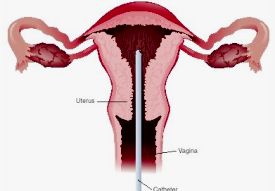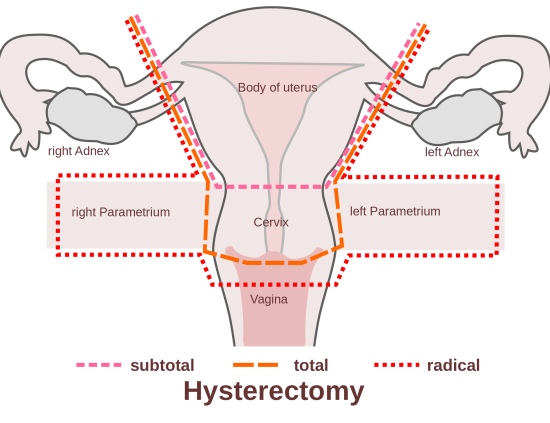There are several reasons why your doctor or gynecologist has decided that you need an endometrial biopsy.
Maybe your periods are unusually heavy, painful or frequent; perhaps you are having difficulty conceiving or falling pregnant; you may have had an abnormal pap test result that needs investigation; you may be post-menapausal and still experiencing some uterine bleeding.
During an endometrial biopsy a small sample of the lining of the uterus, the endometrium, is taken, so that it can be sent to pathology for testing and inspection.
The sample is checked to see if there are abnormal cells present, that the hormone levels are normal and that the endometrium itself is in a normal condition.
A normal result from the biopsy will have shown that there are no abnormal or cancerous cells present and that the endometrium is at the normal stage in the menstruation cycle and it appears able to sustain a pregnancy.
An abnormal result may have found the presence of polyps or non-cancerous growths; that the endometrium is enlarged; that there are abnormal cells present which may indicate cancer; or the endometrium is not at the normal stage for the time in the menstrual cycle. More tests may be required to clarify the results.
There are several different methods used to perform an endometrial biopsy, and your doctor will explain which one will be used during your procedure and the implications of it.
Some procedures are carried out in the doctor’s office, some in a day sugery or clinic and some require hospitilazation.
You may have a general anesthetic, a local or regional anesthetic or no anesthesia at all. Some doctors recommend taking some pain relief medication before the procedure to alleviate the cramping that most women feel while the sample is being taken.
Your doctor will need to ask you several questions about your current condition before starting the procedure, so answer all questions fully and honestly.
An endometrial biopsy cannot be done if you are pregnant, or think you may be pregnant. Some medications, like warfarin and aspirin, thin the blood and so make bleeding a particular hazard during any surgical procedure.
There will be a consent form to sign that says that you understand potential risks of the procedure and agree to have it done.
Make sure you discuss any concerns that you may have about the biopsy so that you fully understand why you need it, what the risks are and the implication of the results.
You may have some vaginal tenderness for a few days after you have the endometrial biopsy, and some discharge is considered normal. Avoid heavy lifting and strenuos activities for about a week, don’t use tampons or have sex for a few days.
The results of your biopsy may take several days to come back, and your doctor will discuss them with you and explain the implications of what was found during the procedure.






